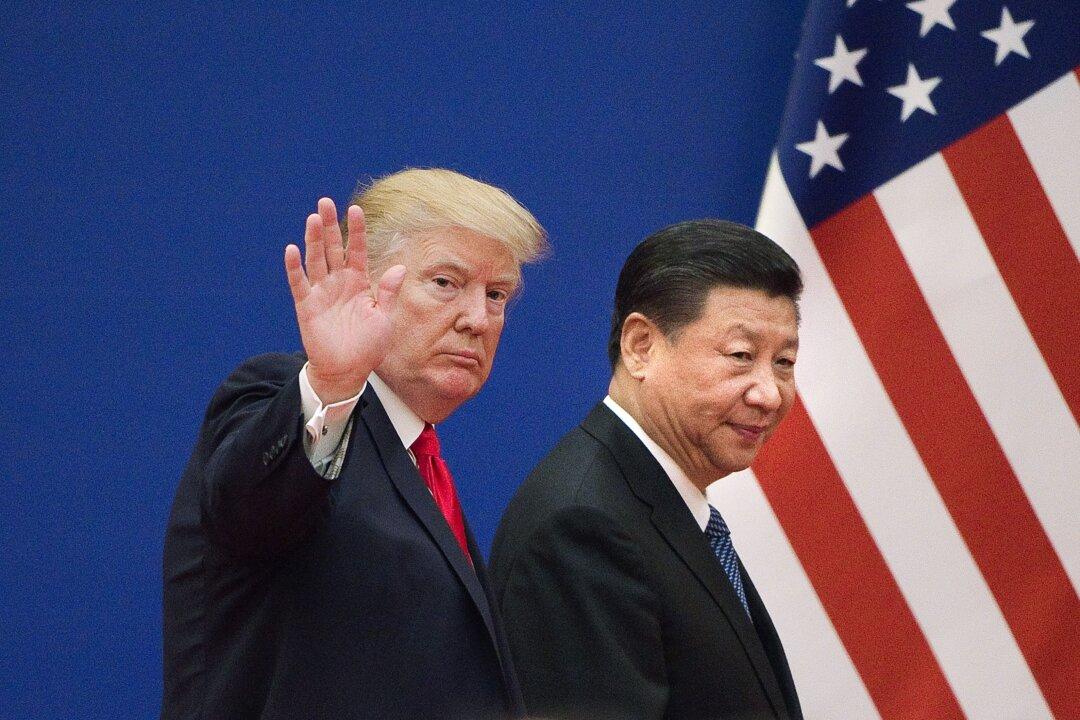WASHINGTON—China is the most powerful adversary that the United States has faced in recent history, and Washington needs to respond effectively to counter Beijing’s growing strength and aggressive behavior, according to experts.
During a hearing held by the Senate Banking Committee, titled “US-China: Winning the Economic Competition,” on July 22, a panel of experts shared their proposals about how to compete with and beat China.





